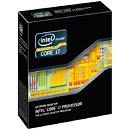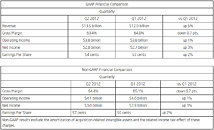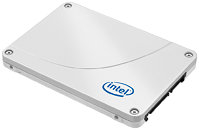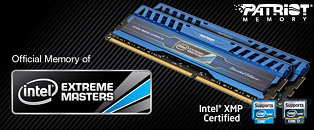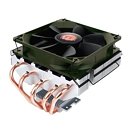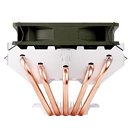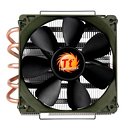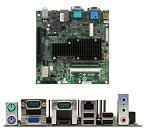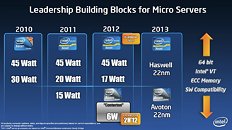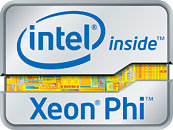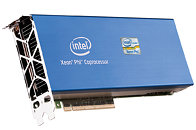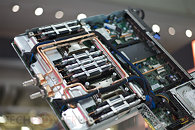
SSD TRIM Command on RAID 0 Possible - With A Few Riders
Intel made it possible for SSDs to utilize the TRIM command feature when striped in RAID 0, provided a few meaty requirements are met. The TRIM command feature works to minimize write performance degradation on SSDs, but thus far it has been impossible to enable the feature on any other host controller mode than standalone AHCI, due to the manner in which the feature works at a physical level.
According to a report, TRIM over RAID 0 will be made possible with Windows 8 operating system, provided the system is running an Intel 7-series chipset (such as Z77 Express), has RAID BIOS (Option ROM) version 11.5 or higher, and Rapid Storage Technology (RST) device driver version 11.5 or higher. While obtaining the required Windows and driver versions is relatively easy, the RAID Option ROM version is in the hands of motherboard manufacturers, who have to release motherboard BIOS updates that include the required RAID Option ROM updates.
According to a report, TRIM over RAID 0 will be made possible with Windows 8 operating system, provided the system is running an Intel 7-series chipset (such as Z77 Express), has RAID BIOS (Option ROM) version 11.5 or higher, and Rapid Storage Technology (RST) device driver version 11.5 or higher. While obtaining the required Windows and driver versions is relatively easy, the RAID Option ROM version is in the hands of motherboard manufacturers, who have to release motherboard BIOS updates that include the required RAID Option ROM updates.
